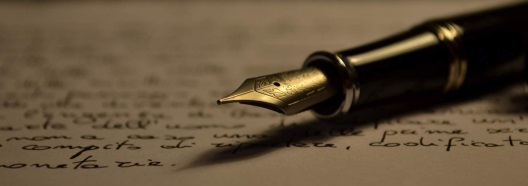5 Vital Suggestions On How To Write A Dissertation Conclusion
All parts of a thesis are vital of course, but don’t underestimate the importance of your conclusion. This is your great finale, so you need to make sure you’re getting it right!
Here are five things you need to know to help you on your way:
- Firstly, you should be certain that you know of the specific requirements with regards to your field of subject, as sometimes there are different requirements in place. For instance, it may be permitted for you to include your conclusions in the Discussions section rather than the more normal approach of relaying them in a section of their own.
- Here are the main elements that should be contained:
- Now you know what to include, you need to be sure that you present it all succinctly and in a manner that flows well and engages the reader- just like the rest of your essay. The more time you can spend on your conclusion the better, so be sure to leave ample time in your study plan to be able to satisfactorily give it the time for attention that’s necessary.
- Find other examples of conclusions. Have a look in your campus library for past student papers or search online (reputable educational websites are the best to use). The more you study others’ approaches, the more you will be able to hone your own style and make sure you’re performing the task correctly.
- When you’ve finished, push yourself a little more. You may think that you’ve re-read it three times and that you’re happy with it- but try reading it once again. Could it flow better? Have you included unnecessary material? The more you scrutinize every detail, the more polished it will become.
Include a short summary of your main findings, relating them back to the original hypothesis/investigation set out in your introduction. Restate the key findings of your main text body. This summary should be no more than a few paragraphs. You should then go on to state the conclusions which you have arrived at; the essential part of the conclusion. You should go on to state why your research is important and make recommendations for future research to be performed, and also specifically provide recommendations for practitioners within the field of study. Lastly, write a final paragraph to round off your thesis.
Plan it in the same way you would the rest of the thesis: make a list of what should be contained therein, mark up different sections and create a first draft. Re-edit and polish until it’s just right.
